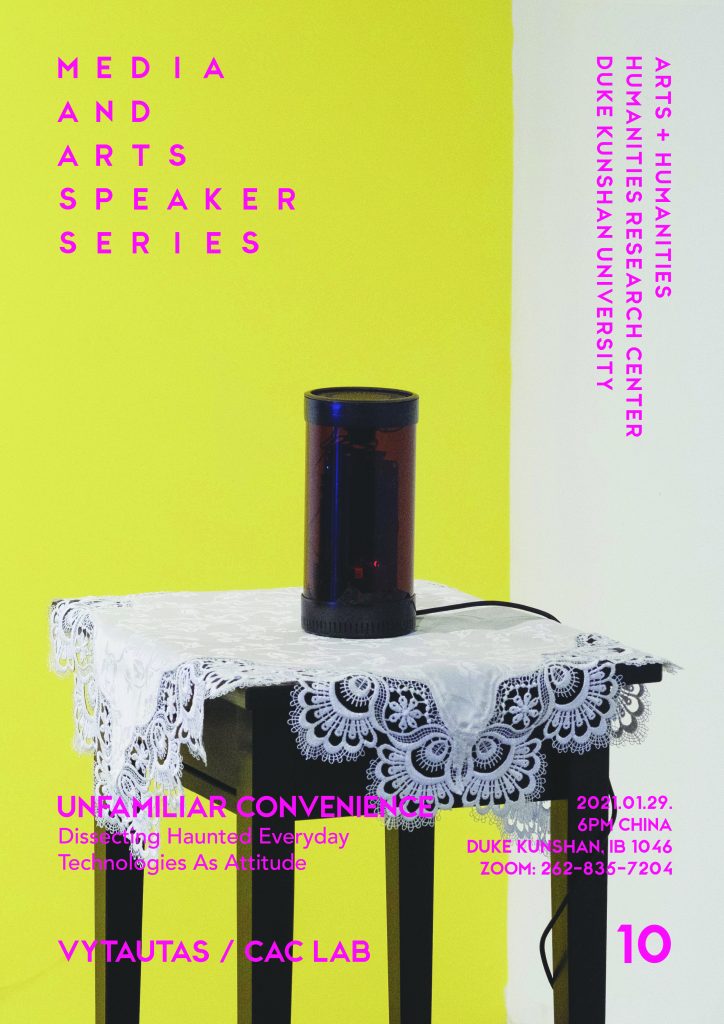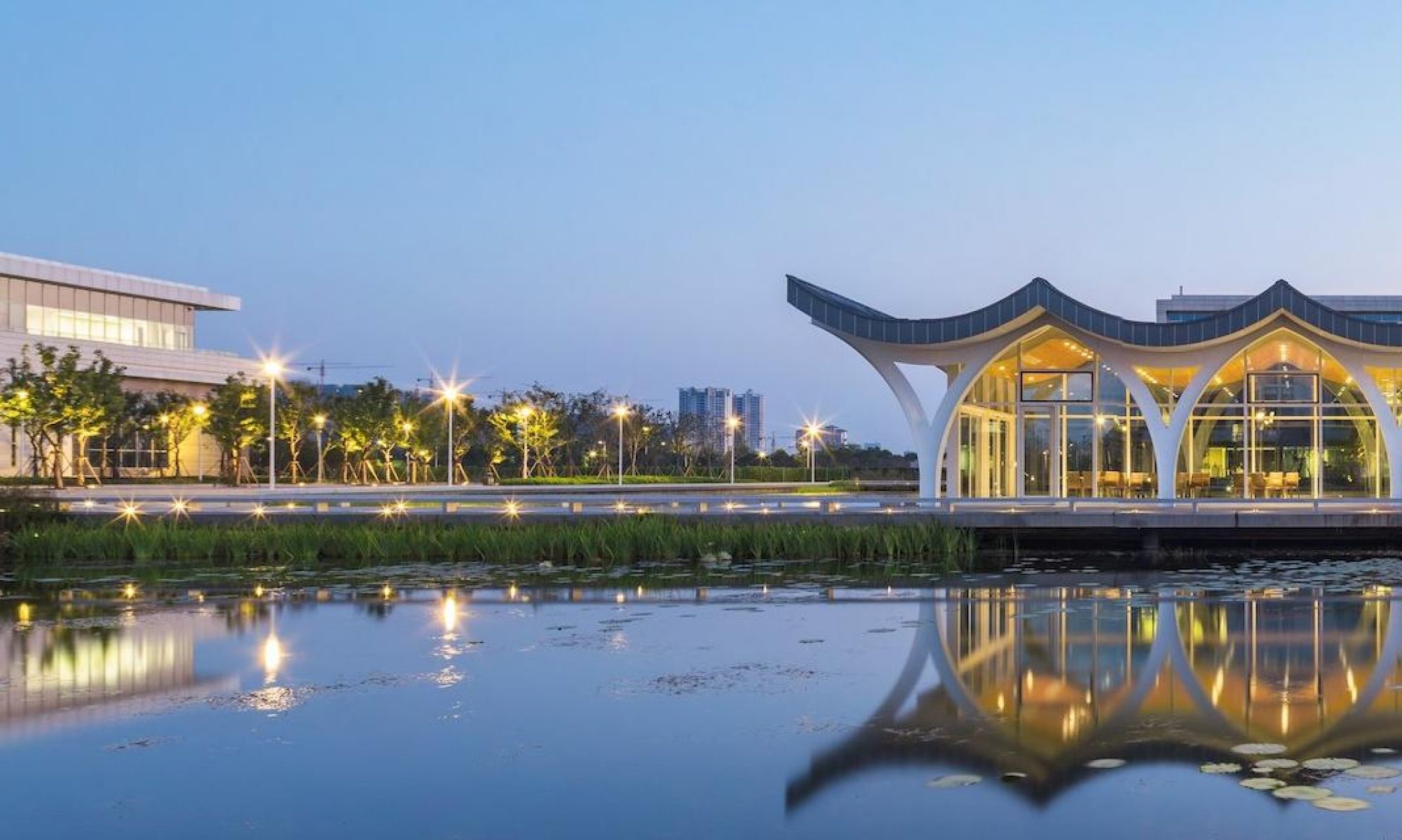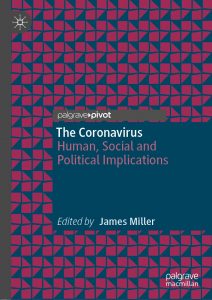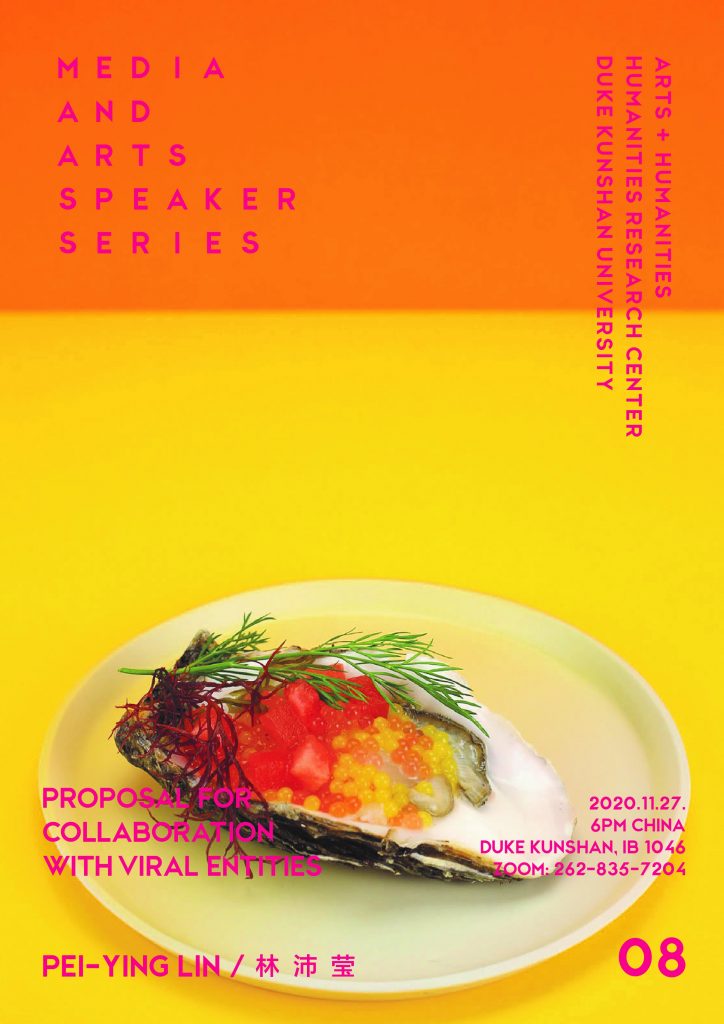The DKU Humanities Research Center (HRC) invites proposals from all DKU/Duke faculty and affiliates working on humanities-related projects. Projects should be based at DKU and/or connect Duke and DKU faculty. Proposals should be sent to Chi Zhang (chi.zhang323@dukekunshan.edu.cn), administrative assistant for the Humanities Research Center, by December 15.
Small Events
The HRC will fund a number of small-scale events, which could take the form of workshops, reading groups, film screenings and discussions, excursions, and so forth. Experimentation and innovation is encouraged, and applications may be submitted by either individuals or by groups of collaborators. All DKU and Duke faculty affiliates may apply.
A complete proposal (max 5 pages single-spaced) should include a title, a description of the research question, a summary of the activities to be undertaken, a list of collaborators to be invited (with brief bios), a description of anticipated outcomes, and a budget. The maximum contribution from the HRC for each small event is $5,000.
Large Events
The HRC will also fund at least one larger-scale event, which could take the form of a workshop, a lecture series, a curatorial project, and so forth. Experimentation and innovation is encouraged, and applications may be submitted by either individuals or by groups of collaborators. All DKU and Duke faculty affiliates may apply.
A complete proposal (max 5 pages single-spaced) should include a title, a description of the topic/research question, a summary of the activities to be undertaken, a list of collaborators to be invited (with brief bios), a description of anticipated outcomes, and a budget. The maximum contribution from the HRC for a large event is $20,000.
Manuscript Workshops
The HRC will fund one or more faculty book manuscript workshops, which provide a structure for generating constructive, informed criticism on near-final book manuscripts. The goal is to transform already excellent scholarly projects into superior published works, and the Center will provide funding (generally up to $5,000) for faculty to invite two experts in their field and an acquisitions editor from a major scholarly press to DKU or Duke. During a half-day workshop, these guests present their thoughts on the manuscript, followed by a response from the author and a general discussion. All DKU faculty working on humanities projects may apply.
A complete proposal should include a title, a synopsis of the book project, a draft of the introduction, a list of suggested invitees (including both outside scholars and local participants), and specification of which press the applicant would like to invite.





 The Humanities Research Center is pleased to announce the publication of The Coronavirus: Human, Social and Political Implications edited by James Miller (Palgrave Pivot 2020).
The Humanities Research Center is pleased to announce the publication of The Coronavirus: Human, Social and Political Implications edited by James Miller (Palgrave Pivot 2020). 



